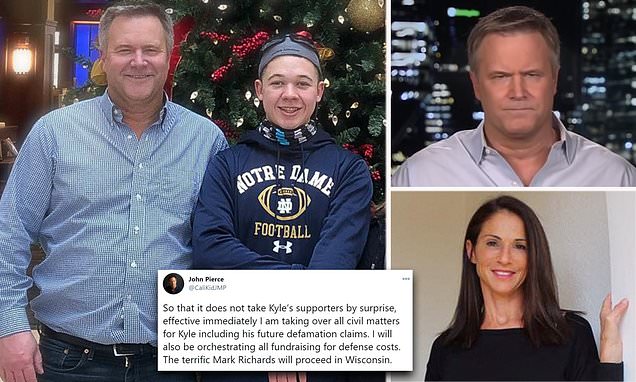Have you ever found yourself asking “how long is family law?” Family law encompasses cases that relate to intimate family relationships and can have lasting ramifications that affect lives in significant ways.
Paternity hearings, custody issues and domestic violence all fall within the realm of family law.
Divorce
Divorces can take a considerable amount of time depending on the individual circumstances. Most states mandate a period of separation that may range from six months to a year; further, more complex matters may require consulting specialists which add further delays to proceedings.
Timelines can also be affected by how well parties get along and whether their case is contentious. When spouses cannot reach an agreement on key issues like property and debt division, spousal support, child custody and more, this may take longer for resolution to occur; some matters may even require going to trial which will increase overall timeline.
Child Custody
Predicting how long a custody case will last can be tricky, since its length often depends on both parties and the judge. Low conflict cases often settle within months while those that involve more dramatic conflicts could take over a year to resolve.
Not only can it take some time for you to receive your initial court date, but there may also be factors which extend its timeline – including hiring child custody experts, conducting home studies or CPS investigations and drug tests.
If New York is your state and you file for custody there, the timeline can take about three months from preliminary conference to trial date depending on court schedules.
Child Support
Child support payments are court-mandated to help cover a child’s living expenses and family lawyers can assist parents in negotiating an equitable child support amount.
Noncustodial parents (NCPs) must pay a specified percentage of their total parental earnings (combined) to the custodial parent or children. NCPs may need to present proof of income.
CSS may pursue both federal and state tax intercept proceedings against noncustodial parents who owe past due child support payments, and petition the courts for a lien against property belonging to NCPs who owe past due payments.
National Community Partners who fail to pay child support may be charged with contempt of court and jailed until payment has been made. Furthermore, a judge can suspend their driver’s license, professional or occupational license or recreational permits until payment has been made in full.
Prenuptial Agreements
Prenuptial agreements are contracts signed before marriage that outline property ownership and financial arrangements such as spousal support. Such an arrangement may be useful to couples with significant assets or debts as well as children from previous relationships.
Prenuptial agreements must be presented to your spouse with enough time for them to review it and seek independent legal advice, in order to be valid under California law and upheld in court should there ever be any questions about its validity.
Ideal, starting the prenup process early will ensure that it is complete and you have time to review it prior to your big day.
Adoption
Adoption can take up to two years, which includes criminal background checks, home studies and petitioning the courts for finalization. This applies both foster-to-adopt and private agency adoptions – with infant adoptions often having longer waiting times due to expectant mothers often having narrower preferences for an adoptive family for their baby.
Family Law remains an essential area of legal practice that addresses highly personal matters. Therefore, lawyers who specialize in family law find their work fulfilling. Law students interested in studying family law may benefit from internships, fellowships and externships in family law as these provide students with practical experience assisting clients with family-related issues such as filing restraining orders against domestic abusers – often filed in family or surrogate’s courts.


